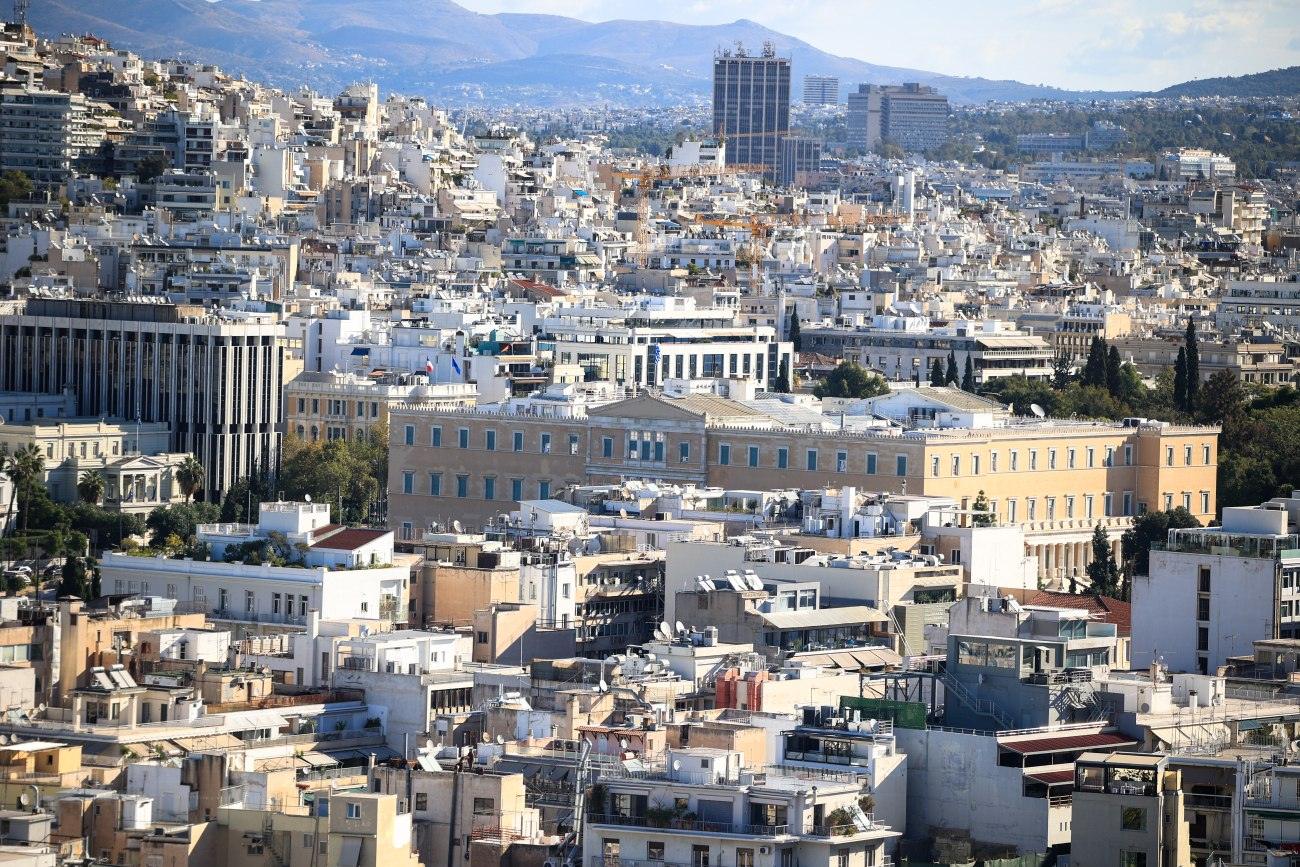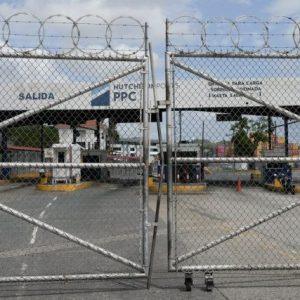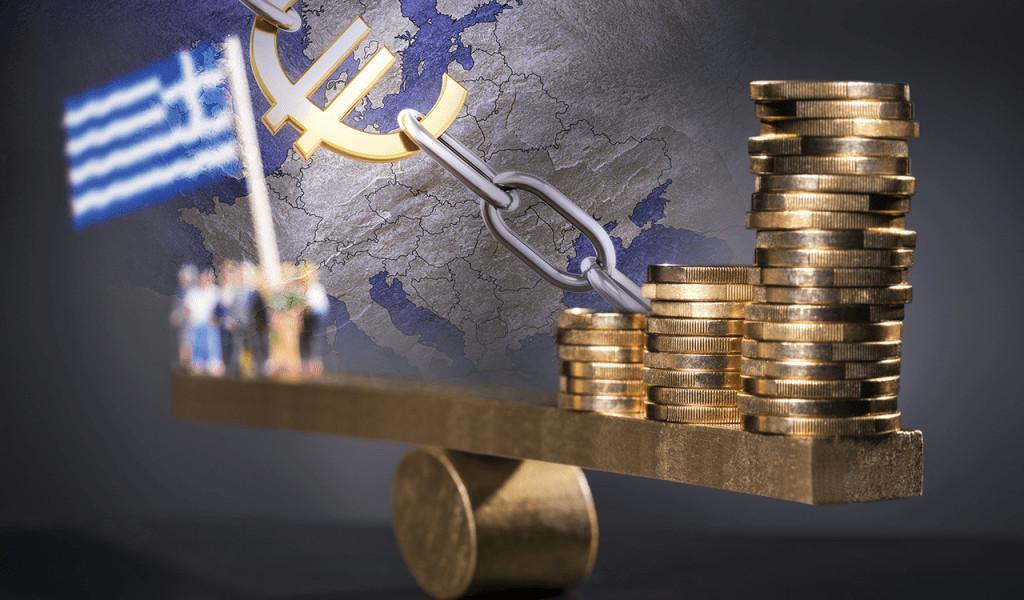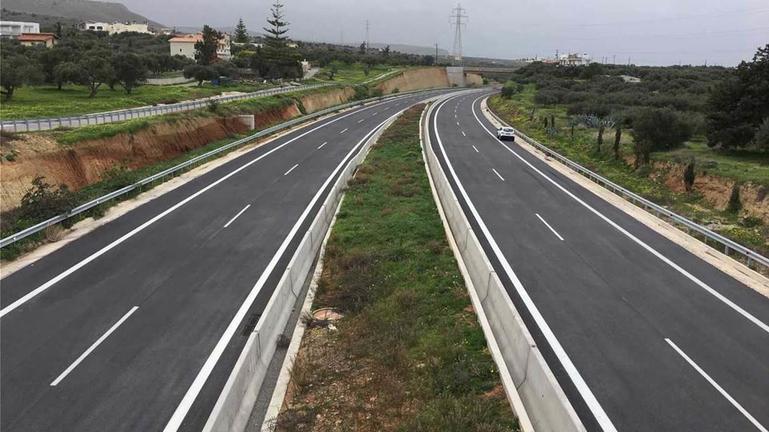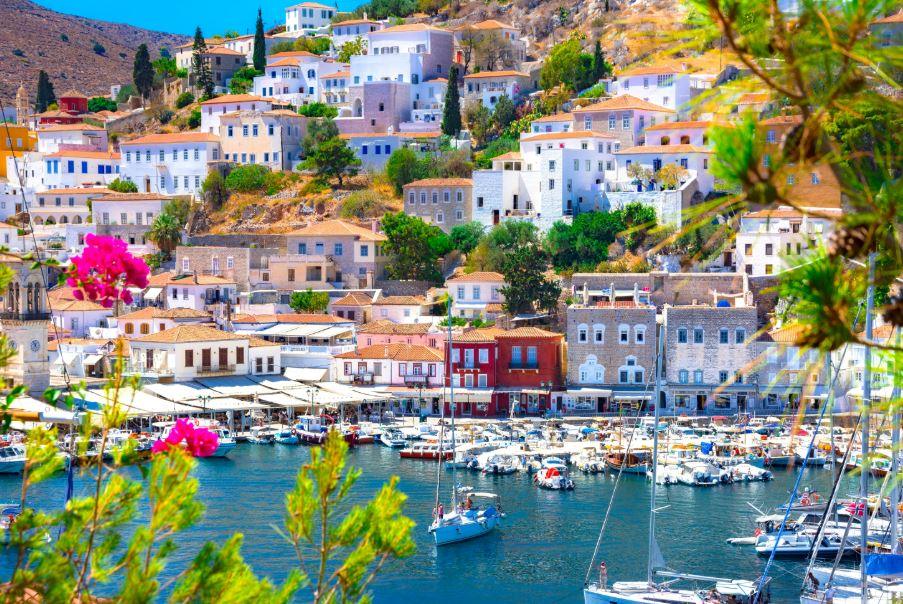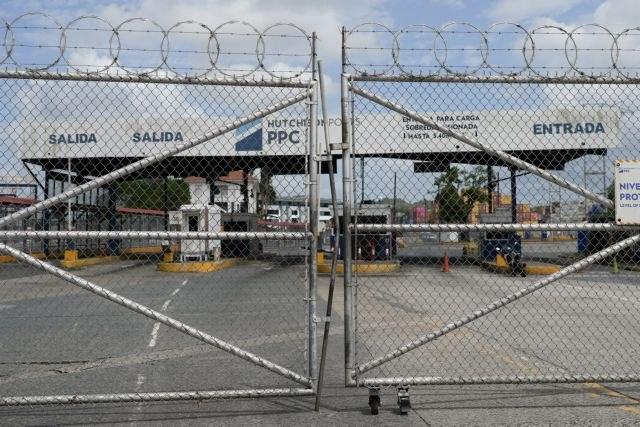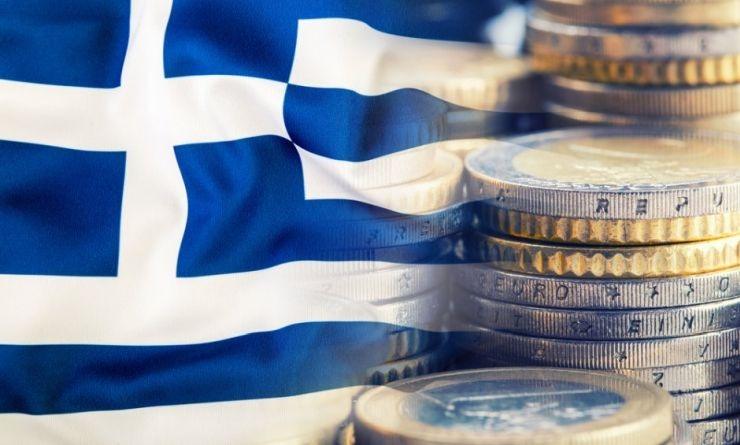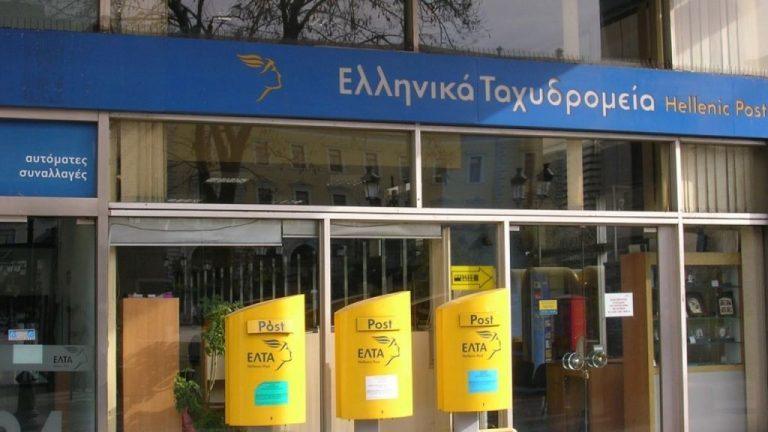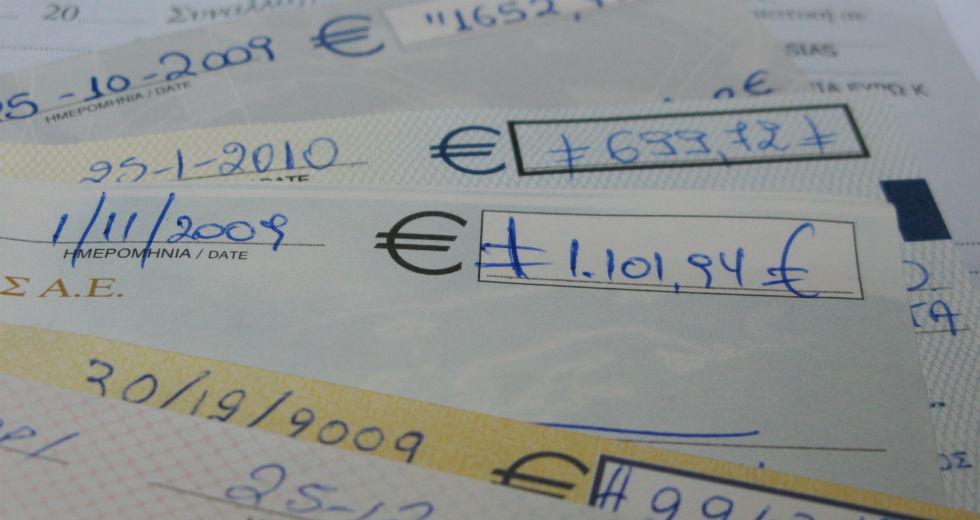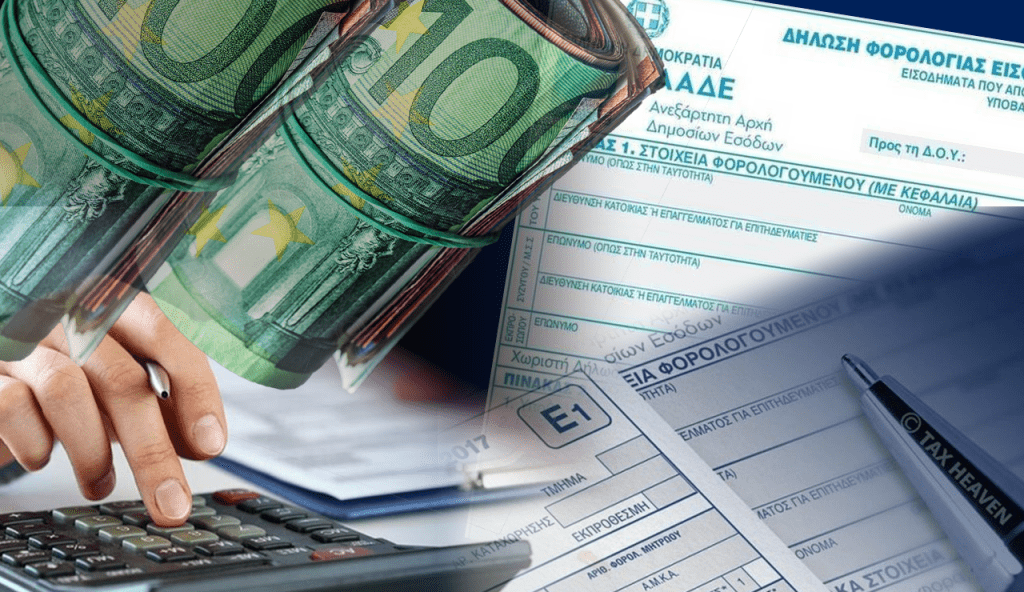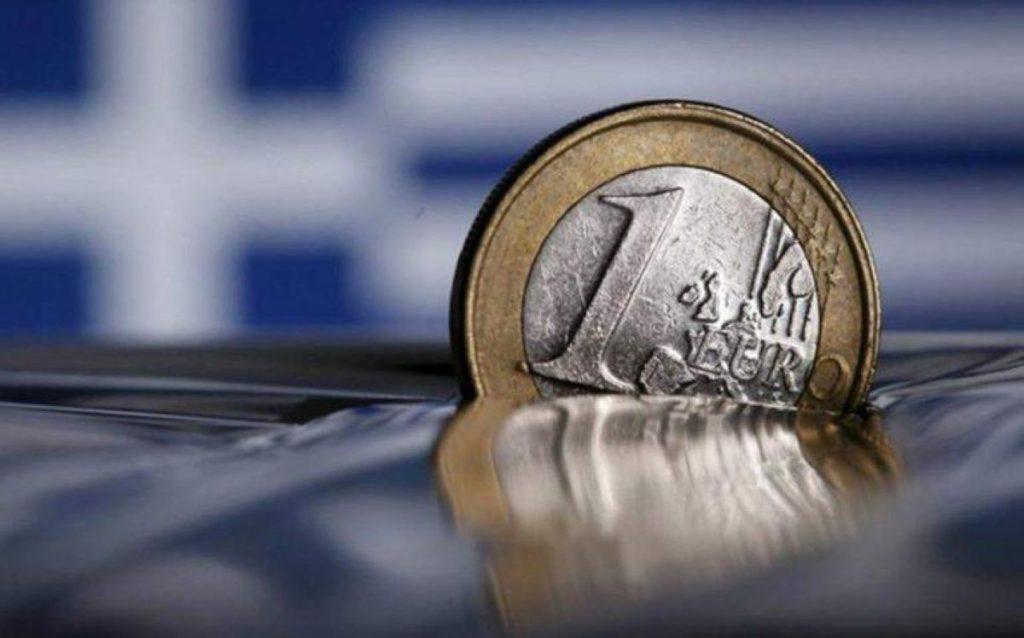The solution to high prices, which, as everything shows, are here to stay, seems to be an unsolvable puzzle. Those who think that prices will fall immediately or at least as soon as prices rise on supermarket shelves after the announcement of measures to reduce energy costs will have to wait a long time. At least that is according to market pundits, who say the recent support package is huge but does not address the overall cost of production, which has been exacerbated by the effects of the Russian invasion of Ukraine.
As pundits typically say, the rally of price increases that is taking place in a wide range of products is not only due to energy but also to raw materials. According to the president of the Athens Chamber of Crafts, Pavlos Ravanis, the government’s announcement to impose a ceiling on energy costs is certainly a positive measure, but it is not enough, saying that increases in raw materials and energy costs are close to 150% to 200%. In fact, among the measures he proposes, in order to have an immediate effect of relief for all citizens, is the reduction of VAT to 6% on food for as long as the crisis lasts.
The president of the Central Union of Chambers of Greece, Giannis Masoutis, is in a similar vein, describing the state intervention as important, which will have a direct impact on the bills, which in recent months have caused electric shocks to businessmen, however, as the “stop-gap measures,” as he says are not enough.
The need for a new package of targeted measures with emphasis on reducing VAT from 13% to 6% on basic goods is underlined by the President of the Athens Chamber of Commerce Giannis Chatzitheodosiou, pointing out that the problem of households and businesses is not only energy prices but overall the increased cost of living, while the president of the Thessaloniki Chamber of Crafts (BETH), Anastasios Kapnopolis, estimates that the negative consequences that have been created for entrepreneurs and households are “difficult to tame”.
Control mechanisms
The government, however, expects a decompression of prices, which will be reflected in the official statistics. As the Deputy Minister of Finance, Theodoros Skylakakis, told “NEA” newspaper, “the great intervention we are making in the electricity sector will reduce inflation by half to one unit and will de-escalate inflation expectations”, emphasizing that “inflation at this stage is imported, due to the rise in international prices for gas – which has a decisive effect on electricity – on other fuels and other internationally traded goods (wheat, iron, timber, etc., the so-called commodities).
Mr. Skylakakis made special reference to the control mechanisms of the state, which, as he says, “act with the aim of discouraging the speculative exploitation of the situation”, while he emphasizes that the main goal of economic policy is not to create a vicious circle of inflationary expectations, so so that the possible de-escalation of international prices leads to corresponding price reductions in Greece and the return to a period of economic normalcy “. In fact, the Minister of Development, Adonis Georgiadis, after his visit yesterday to the major refineries of the country, warned about controls in the entire fuel supply chain.
“Consumer protection”
In light of the above, consumers are building their own defenses by changing their buying habits.
According to the latest study by the Consumer Goods Research Institute (IELKA), 8 out of 10 consumers are hunting for bargains and discounts, while 75% are postponing personal purchases or buying cheaper alternatives. At the same time, 6 in 10 have reduced electricity consumption and food purchases, while 41% avoid shopping in order to have money in case of emergency. This trend, which was recorded during the period of the pandemic crisis, is still much stronger today, while only 16% of the public has saved money in the last year.

